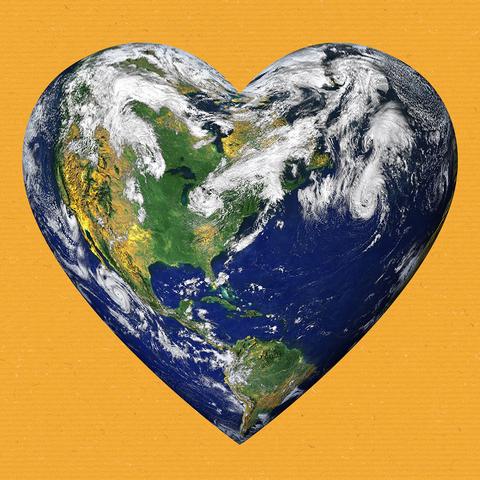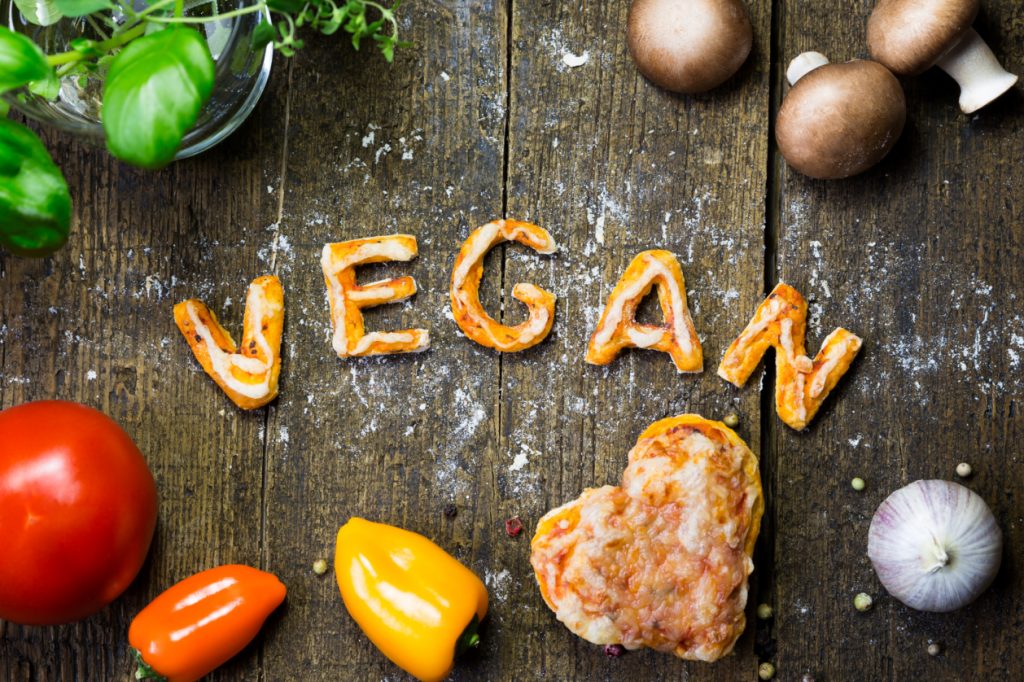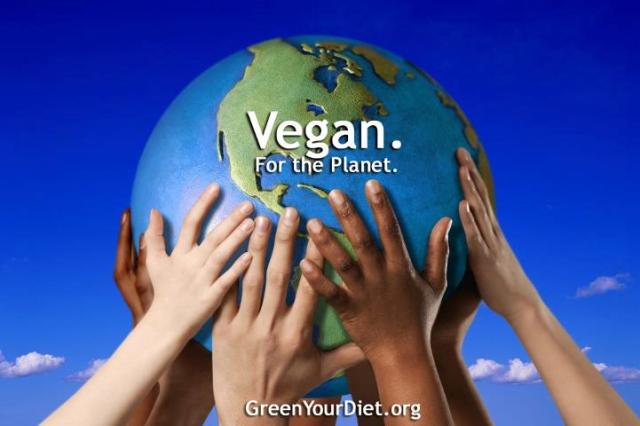Veganism is the practice to abstain from the use of animal products, particularly in a diet. According to an associated philosophy that rejects the status of animals as a commodity. People who follow that diet are known as vegans. The term was coined in November 1944 by Donald Watson. It is proven that considering and actually following a vegan diet can have an impact on the earth. Researchers at the University of Oxford have found that cutting meat and dairy products from your diet could reduce an individual’s carbon footprint from food by as much as 73%. If everyone stopped consuming meat and dairy products, the carbon footprint would have been reduced to 75% that is equivalent to the size of the US, China, Australia, and the EU combined. If it had for real, then there would have a significant drop in the greenhouse gas emissions and it would have freed up wild land lost to agriculture.

According to the journal Science, a new study has revealed that the most comprehensive analyses to date can have detrimental effects on farming and the environment. It includes around 40,000 farms in 119 countries. It is also revealed that meat and dairy production is responsible for 60% of agriculture’s greenhouse gas emissions while the products are provided around 18% of calories and 37% of protein all over the world.
Why Opt For A Vegan Diet?
There are many benefits of why going vegan is good for the environment. People go vegan because of their love for animals, they do so to curb animal cruelty. Well, apart from animal welfare, there are two important reasons as to why a vegan diet is becoming famous. First, it improves our health and second it protects the environment. How you will ask? So here is the answer to your question:

- Cut your greenhouse gas emission Passing through cows producing methane gas, meat production requires amounts of energy. From growing crops to feed the animals to burning fossil fuels from slaughtering and transportation, livestock and their by-products are responsible for 51% for the annual worldwide greenhouse gas emission. Livestock consumes much more protein, water, and calories than they produce, as most of the energy taken in by animals are used for their bodily functions and are not at all converted to meat, eggs or milk. Research in Cornwall University revealed that one calorie of food energy from beef requires 40 calories of fossil fuel energy. So if you eat meat, then your greenhouse gas emission is twice as much as someone on a plant-based diet.
- Preserve habitats and species Well, it is a fact that eating animals is the largest contributing factor in habitat loss and extinction. As we know that producing meat requires large amounts of land to raise animals on and every second a forest that is equivalent to a football ground is cleared so as to rear and graze animals. Ironic, isn’t it! It is estimated that eating meat requires three times more land than it is actually needed for a vegan diet. Poorly managed animal waste products from the meat industry are polluting our environment and destroying habitats. Nitrogen and phosphorus found in this waste cause algae to grow on the water and starves the fish of oxygen. This leads to some zones becoming the ‘dead zones’ where only a few species can actually survive. In 2011, 530 marine areas were already identified as dead zones. Something worth thinking about!
- Conserve water As an actual very scarce resource, it may seem that there is plentiful of water especially on rainy days, but actually, fresh water is very limited. With only 2.5% of fresh water available on our planet, only 30% is available to us and not frozen as ice. Water scarcity is a very real issue as we have over a billion people living without sufficient access to clean water. Food choice can have an impact on water demand. For the majority of plant-based foods, raising animals requires vast amounts of water. It is a fact that animals need water to drink, wash, and to clean their living spaces and cool themselves during hot periods. A study comparing the water footprint of different foods found while a soy burger has a water footprint of 159 liters compared to a beef burger that has a water footprint of 2.350 liters. Isn’t it time to change now?

Choosing Vegan forever!
Plant-based lifestyles are not that hard as it actually seems. Though there are many delicious options available and the health benefits are tremendous. It has been proven that the production of plant-based foods is a more efficient use of the resources as it required less energy from fossil fuels as well as less land and water. As we remove animals from our diet, we are proving that the choice is clear. The transition to veganism takes time but the end result is rewarded with a cleaner conscience, more sustainable practices, and better health.


1 thought on “How Veganism Is Helping the Environment?”